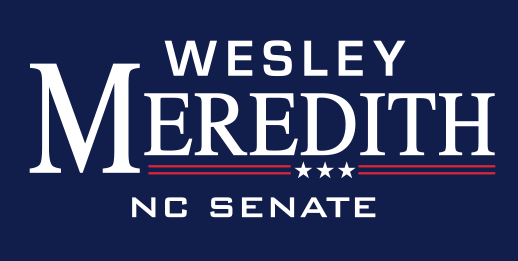After a disaster, state and federal governments are not the only responders. Voluntary organizations play a vital role in supporting communities affected by disasters. Time and time again, they exceed expectations through operations fueled by the generosity of the American people.
Individuals outside of the areas affected by Florence can lend a helping hand by visiting NVOAD.org to donate or volunteer with the voluntary or charitable organization of their choice. Cash donations, or volunteering, are the best ways to support survivors.
Do not self-deploy, as unexpectedly showing up to communities impacted by the hurricane will create an additional burden for first responders. If you want to volunteer, get affiliated with a voluntary organization active in disasters. Check with your church or use the list below.
Snapshot of Voluntary Agency Activities:
• The American Red Cross has dozens of shelters open across the affected area for those unable to return to their homes. The American Red Cross’s Safe and Well program, is helping those in the affected areas check in with family and friends.
• Americares has a network of 70 health partners throughout Georgia, North Carolina, South Carolina and Virginia and is fulfilling requests for pharmaceuticals, insulin and medical supplies, and is supporting other voluntary agency partners with hygiene kits, first aid kits and relief supplies.
• Catholic Charities is coordinating donations of water, hygiene kits, food and other supplies for those in affected areas. Catholics Charities is poised to deploy case work teams if needed to help survivors begin their disaster recovery.
• Convoy of Hope is in North Carolina with several truckloads of supplies, including tractor trailers full of relief supplies, a shower truck, mobile kitchen, Mobile Command Center and more. Convoy of Hope is prepared to provide support and supplies to all affected areas of North Carolina and South Carolina if needed.
• Hope Animal-Assisted Crisis Response members are on the ground to support animal control in shelters, and is conducting animal-assisted support to individuals in shelters.
• The Salvation Army is in the Carolinas and Virginia providing meals and emotional and spiritual care for survivors in shelters and in the communities across the affected area. Additionally, they’re serving first responders and emergency management personnel at local emergency operations centers.
• Southern Baptist Disaster Relief volunteers are in North Carolina providing hot meals to survivors and responders, helping remove debris and mucking out survivors’ homes, and providing crisis counseling through chaplains. Southern Baptist volunteers from seven states responded to the call for help, and have established nine feeding points throughout affected areas in North Carolina
• Team Rubicon has more than 3,700 military veteran volunteers on the ground to bring their skills and experiences to support response and recovery activities.
